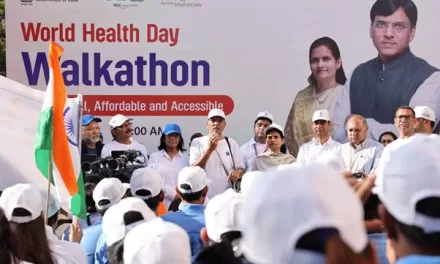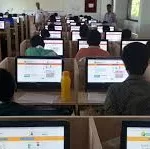New Delhi, November 2024 — The Ministry of Education is poised to launch the “One Nation, One Subscription” (ONOS) initiative in 2025, marking a transformative leap in how academic and scientific content is accessed across India. First conceptualized in 2021, ONOS seeks to democratize knowledge by providing seamless nationwide access to a vast repository of academic journals and publications, benefitting millions of students, researchers, and institutions.
What is ONOS?
Under ONOS, the Central Government will negotiate and secure national licenses for subscriptions from leading publishers of Science, Technology, Engineering, Mathematics (STEM), and Social Sciences journals. By pooling resources and centralizing negotiations, the policy aims to reduce costs while ensuring equitable access to global and national academic content.
The initiative will operate through consortia, with a phased rollout designed to encompass all Centrally Funded Technical Institutes (CFTIs), universities, and other Higher Educational Institutions (HEIs). The program is expected to significantly alleviate the financial burden on institutions that currently pay hefty subscription fees for journals.
Progress and Implementation
A Department Order issued on November 5, 2024, announced the conclusion of negotiations with prominent publishers and described the policy’s implementation as being in its “advanced stages.” In preparation for the rollout, institutions have been instructed to pause subscription renewals, signaling the imminent launch of the centralized system.
Potential Benefits
- Cost Efficiency: Consolidating subscriptions under a single national license is projected to save public funds and enable smaller institutions to access content previously beyond their budgets.
- Equitable Access: ONOS aims to bridge the digital and knowledge divide, particularly benefiting institutions in remote or underserved regions.
- Research Boost: By granting researchers access to a broader range of academic resources, the initiative could foster innovation and improve India’s standing in global academic rankings.
Concerns and Criticism
Despite its potential, the initiative has drawn criticism from some quarters. Critics, including opposition voices and certain academic circles, have expressed concerns about the program’s impact on institutional autonomy. They argue that centralized control over subscriptions might limit the ability of universities to tailor resources to their unique needs. Others see it as a politically motivated move by the BJP-led government to consolidate power over public universities.
Social media platforms have also seen debates on whether the policy could unintentionally prioritize certain fields over others or impose restrictions on content deemed politically sensitive.
Looking Ahead
As the 2025 launch approaches, the government faces the challenge of addressing these concerns transparently. The success of ONOS will depend on its ability to balance cost efficiency and accessibility with the academic freedom and diversity that underpin India’s higher education system.
The academic community is watching closely. If executed well, ONOS could serve as a model for other nations looking to enhance access to educational resources. If not, it risks becoming another policy mired in controversy.
For now, ONOS stands as a testament to India’s ambition to build an inclusive and knowledge-driven society.








